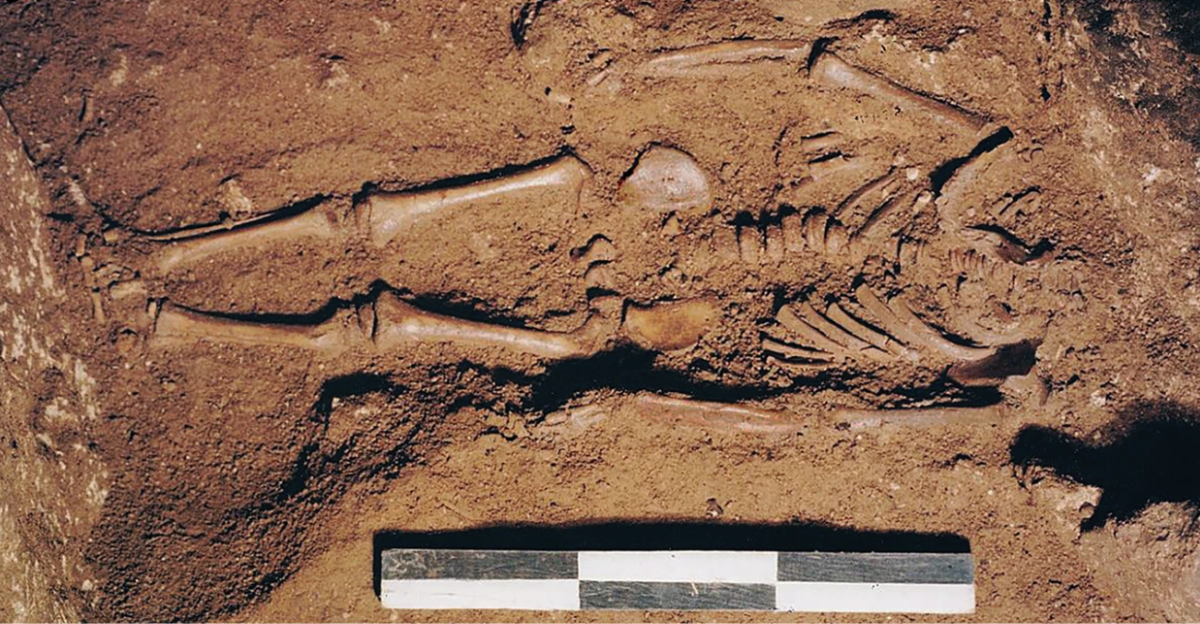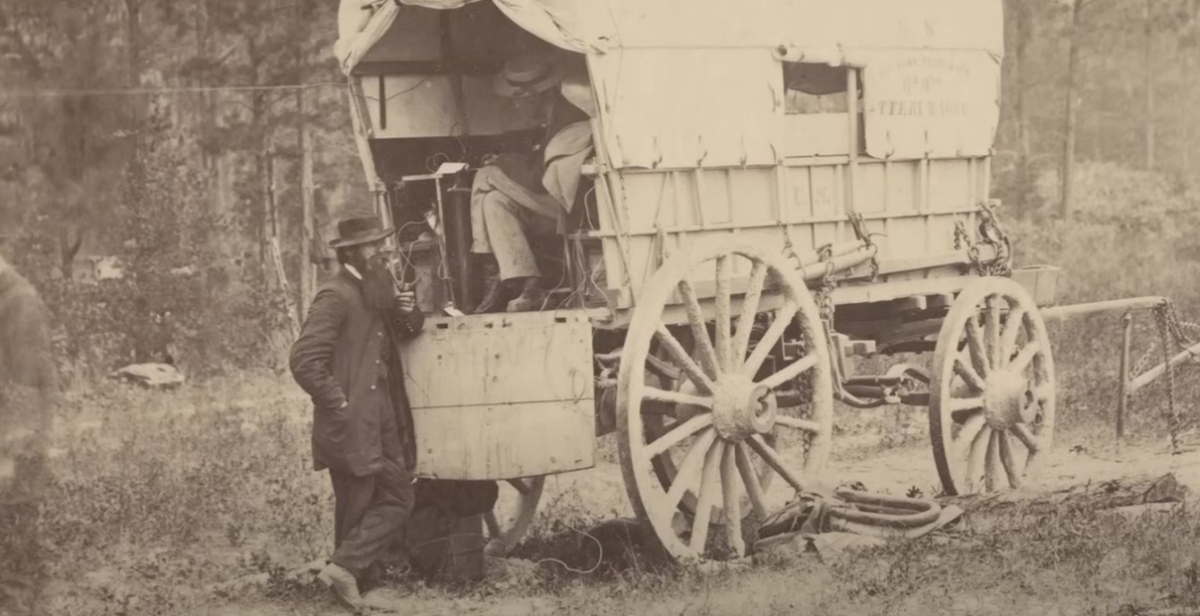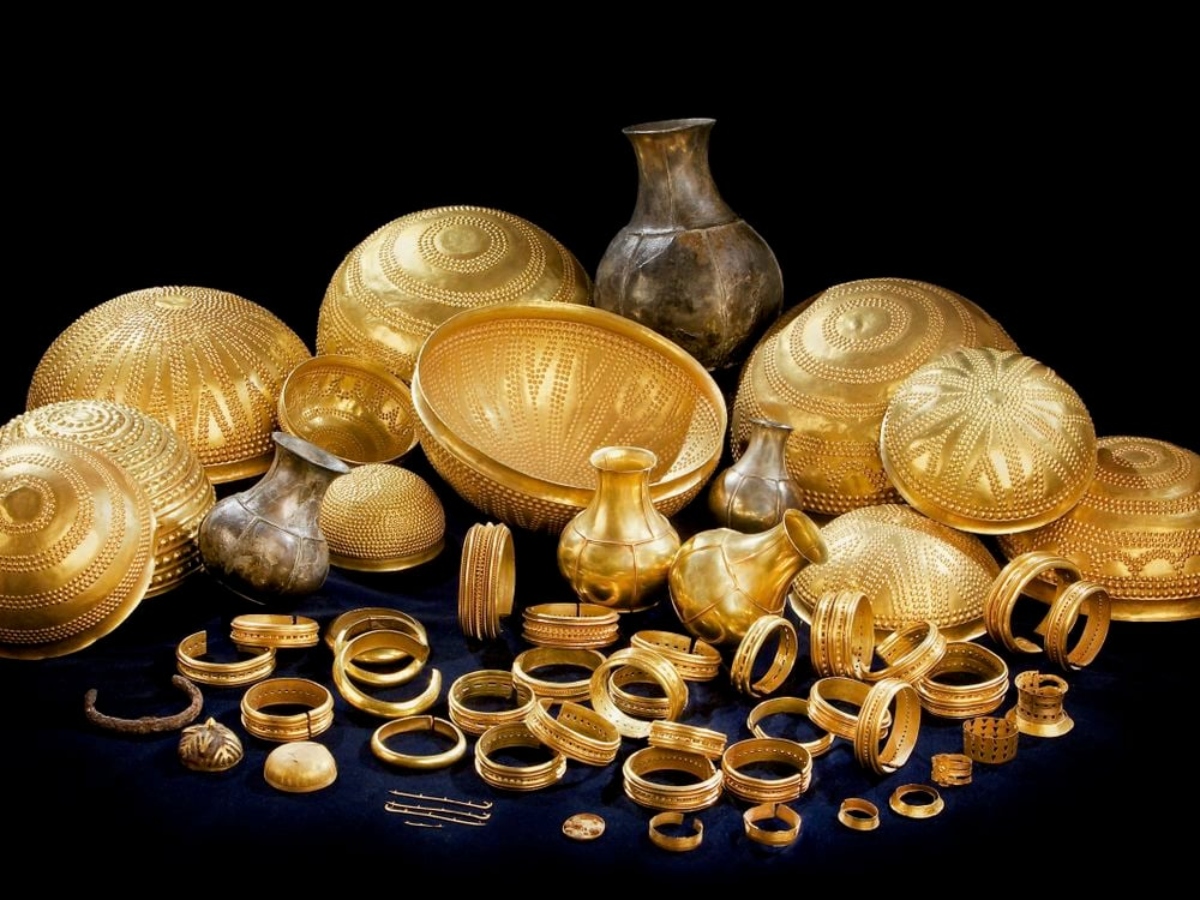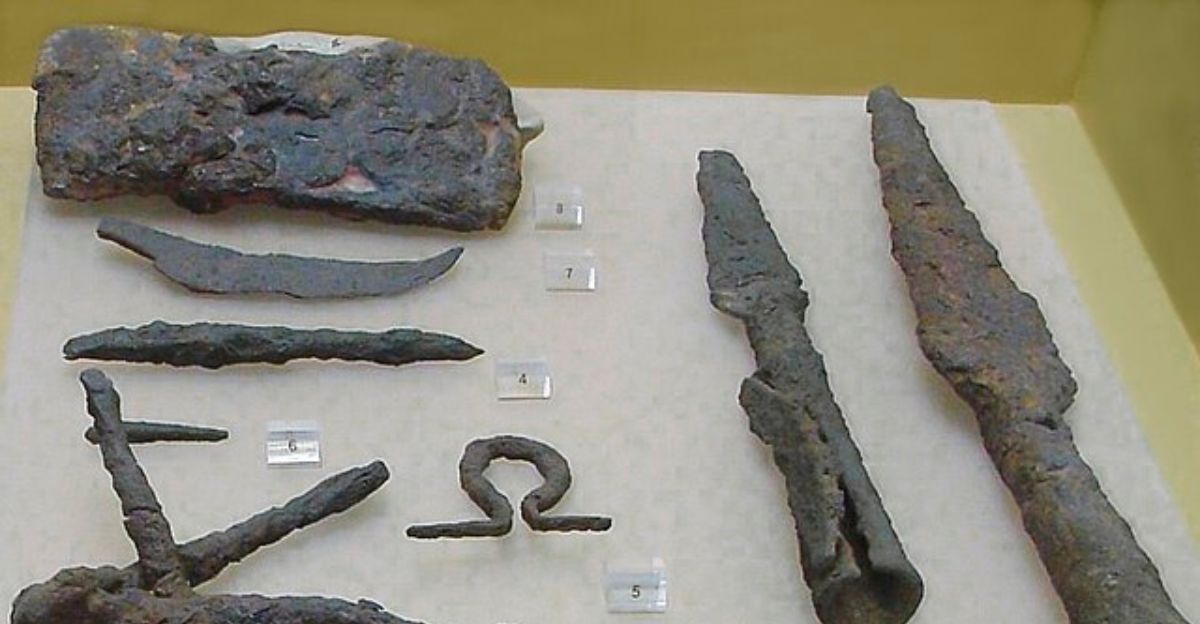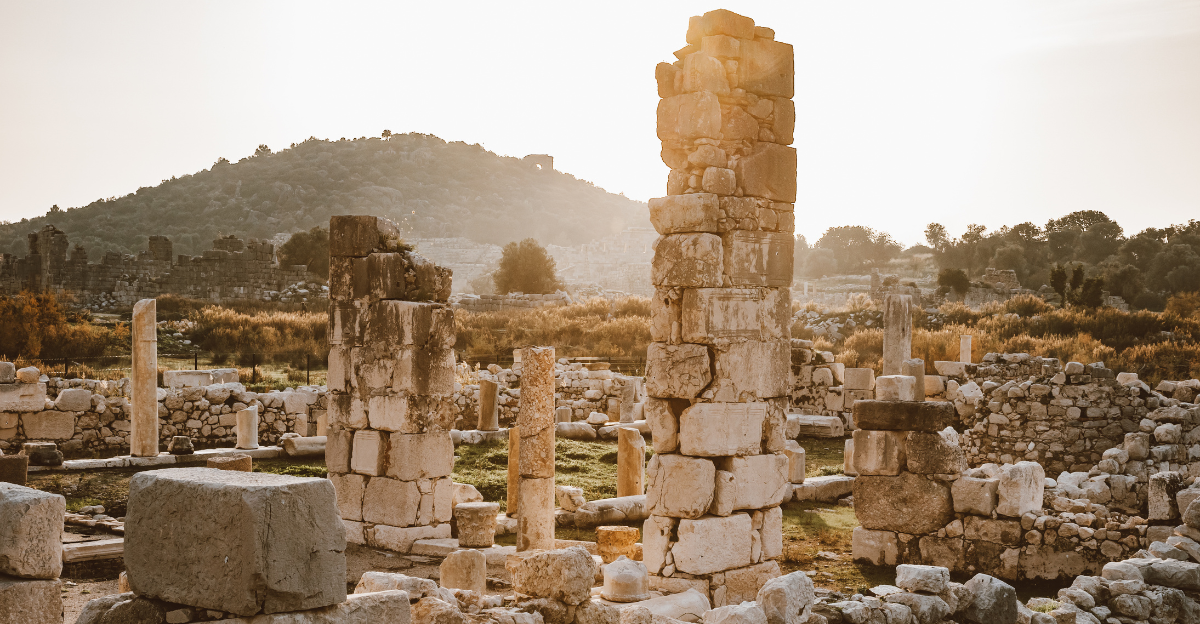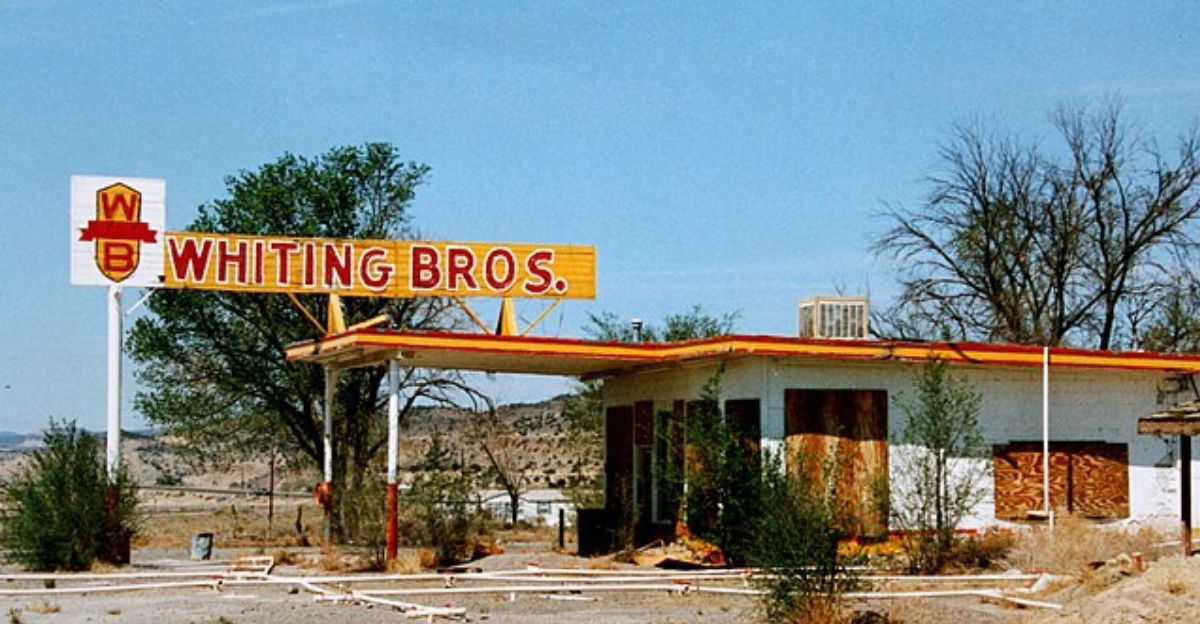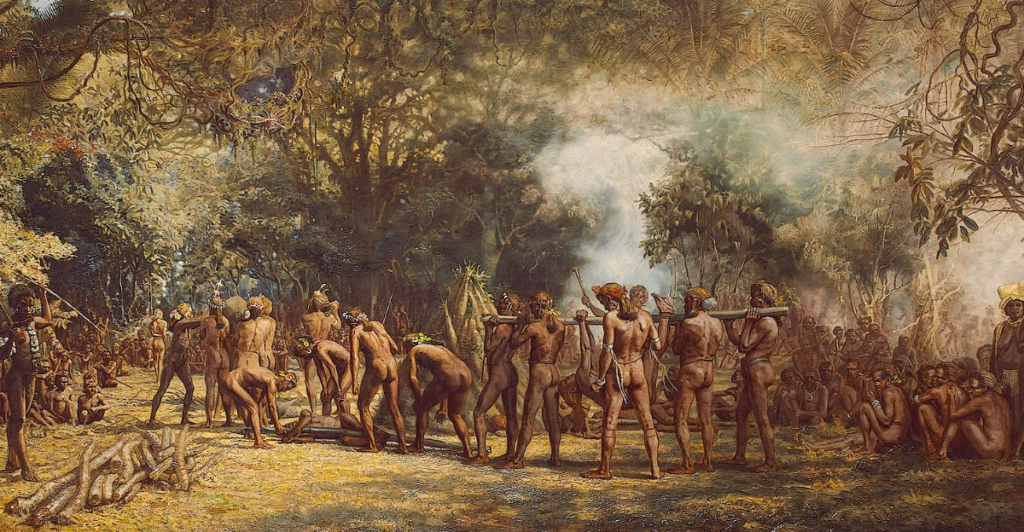
Christopher Columbus is generally remembered as the dashing explorer who ‘discovered’ the New World. But his image is much more nuanced than what we were taught in school. Nowadays, Columbus is regarded by the majority as a brutal conqueror, the author of unimaginable horrors. But one assertion he made has long been regarded by historians as exaggeration or pure invention: regarding hostile, marauding cannibal tribes. For over four hundred years, this tale has been relegated to the backburner of history by conquest and bravery legends, but new scientific research has flung open an intriguing twist of fate. When they examined the skulls of the Caribbean’s first inhabitants, scientists found traces which cast doubt over Columbus’ statements. Could Columbus have been exagerating what he discovered regarding the Carib? Buckle up as we reveal the secrets of the alleged cannibal tribes that plagued Columbus’ voyages.
The Original Claim
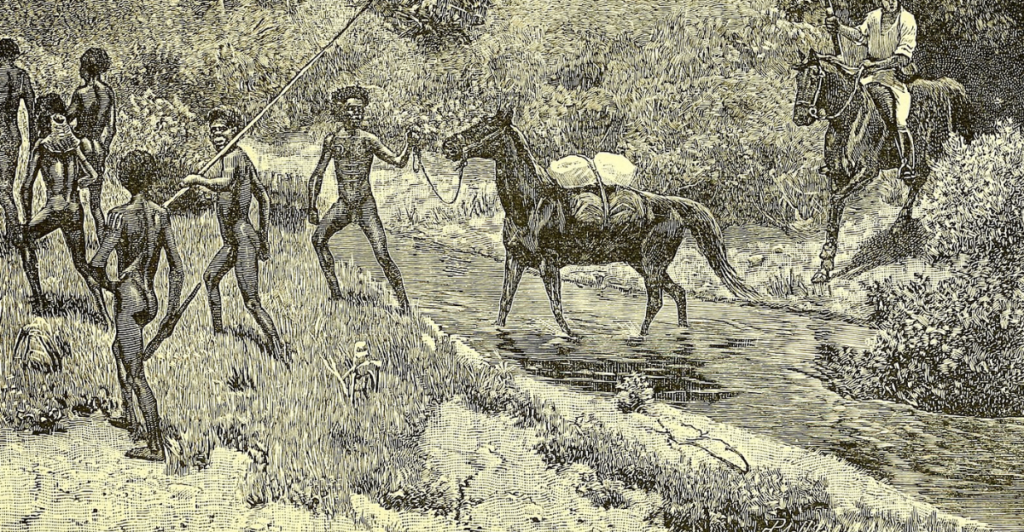
Christopher Columbus recorded in his diaries that there was a tribe of cannibal warriors called the Caniba. In his accounts, they attacked his men and ate their victims. The Caniba, it seems, were the Caribs: a South American people who were renowned for their ferocious raids. Columbus asserted that these frightening experiences occured as early as 1492. Historians have long scoffed at these accounts as propaganda exaggerations intended to justify colonization. There was no tangible evidence to support the claims, and it was widely assumed that Columbus had fabricated these stories to gain favor with the Spanish monarchy. But new archaeological discoveries could change everything.
The Skull Evidence
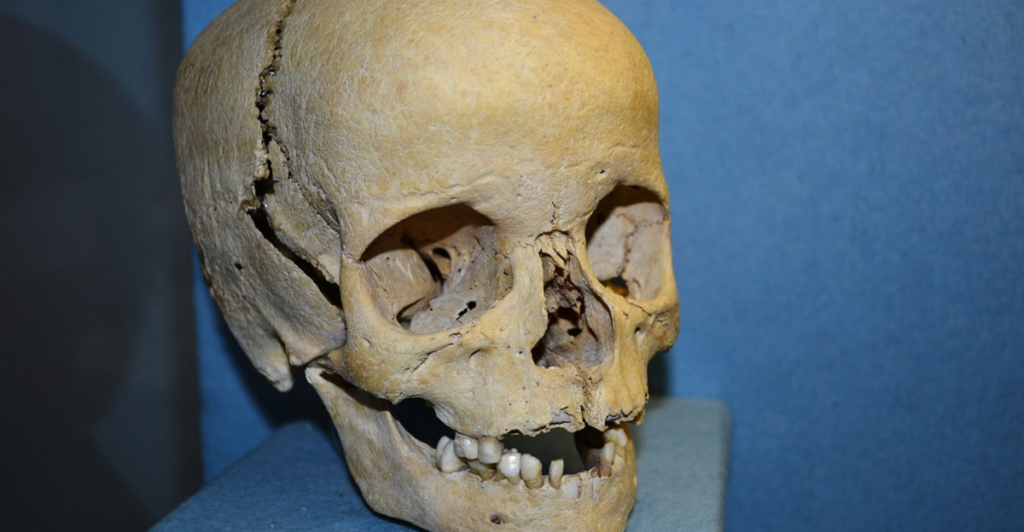
To reexamine the accuracy of Columbus’ claims, scientists recently compared 103 skulls of the early Caribbean settlers. The skulls, which were aged from 800 A.D. to 1542, were obtained from Caribbean collections and museums. Scientists were able to trace the migration routes and group affiliation through an examination of the bone structure. The discovery, which was in the Scientific Reports journal, indicated that Carib people really inhabited the Bahamas dating back as far as 1000 A.D. Not only does this fit in well with Columbus’ historical claim, but also with what history has said they were there.
The Migration Puzzle
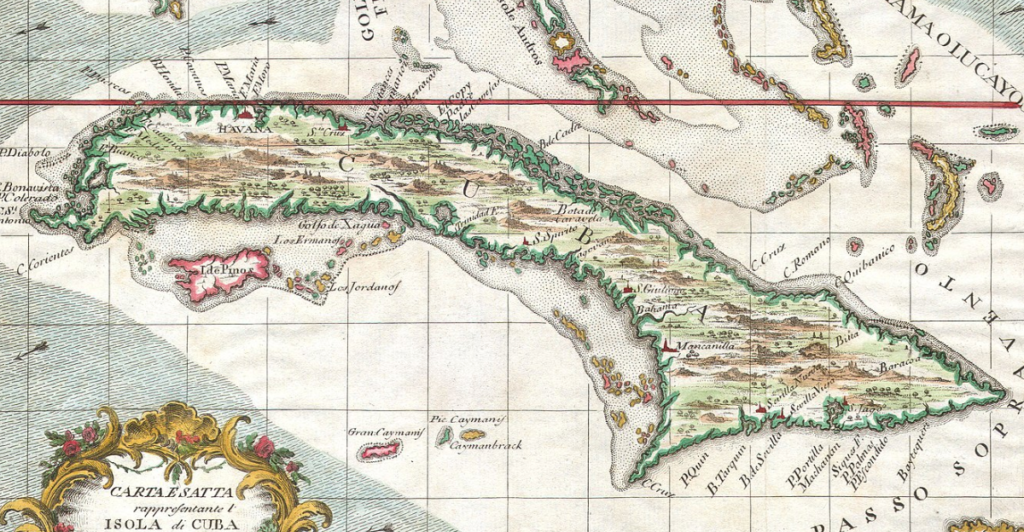
The research detected three different waves of migration to the Caribbean. The Yucatán colonizers were the first to occupy the current Cuba and Northern Antilles. The second wave was composed of the Arawaks that came from the current Colombia and Venezuela between 800 and 200 B.C. The third and most disputed group were the Caribs, who were said to have arrived in Hispaniola at around 800 A.D. They subsequently settled in Jamaica and the Bahamas, where they were well established by the time Columbus arrived. This chronology fits suspiciously neatly with his accounts of meeting the people.
Why the Doubt?
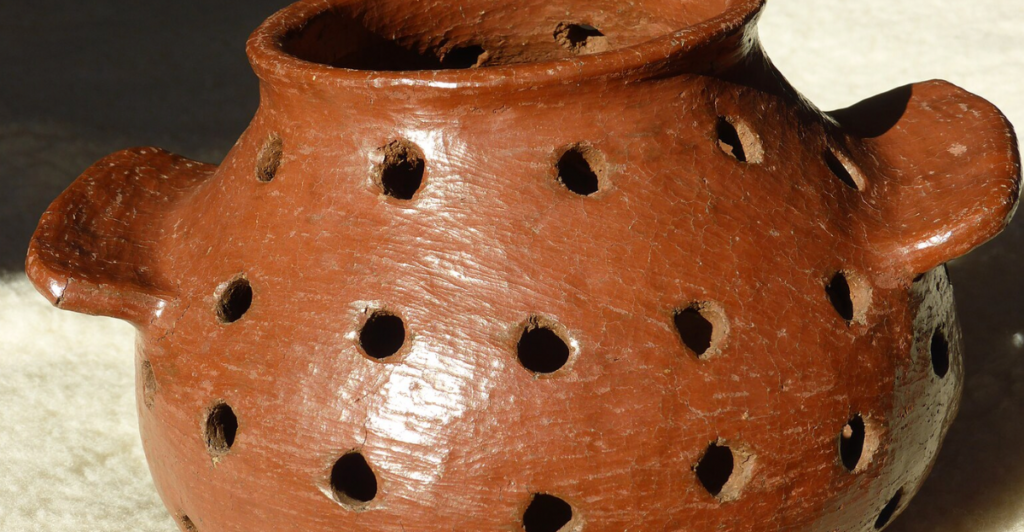
If the Caribs were real, why was Columbus then doubted by historians for so long? For one, there was no tangible proof of cannibalism itself. Pottery recovered as far north as Guadalupe was a lead toward Carib migration, but skeptics accounted for these objects as having travelled by trade or ‘naturally’. Additionally, Columbus’ descriptions of cannibal dinners and brutal attacks hinted at potential fear-mongering. People assumed that labeling Native individuals as savages justified their enslavement and mistreatment. However, new studies dispute these assumptions.
Did Cannibalism Actually Occur
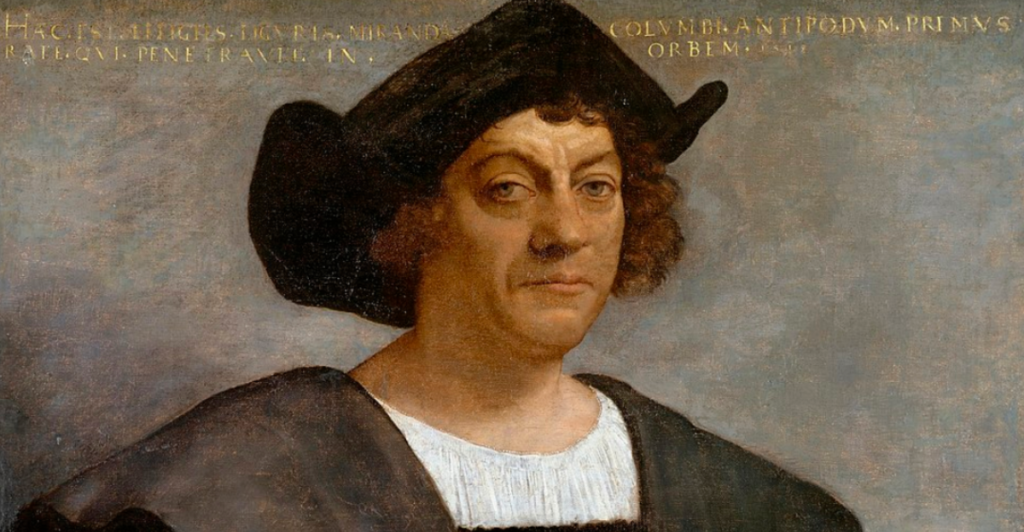
The most motivating question is still unresolved: did the Caribs indeed practice cannibalism? Even though there is no conclusive physical evidence to confirm it, some researchers, like study co-author William Keegan, do acknowledge that it’s possible. Keegan continues that even minimal evidence can be suggestive of a cultural practice that was meant as a method to terrify enemies. If this were the case, the concept of cannibalism might have been manipulated or politicized by Columbus and his crew as a handy pretext for excusing their own brutality. At least, the existence of Carib colonists in the Bahamas makes it necessary for historians to be cautious regarding the Columbus’ accounts.
Columbus’ Motive
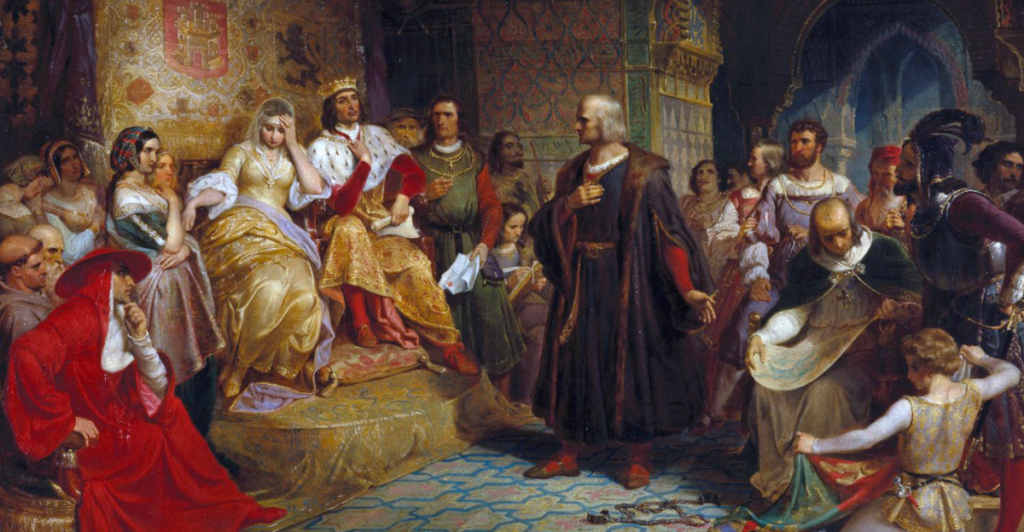
One must think about why Columbus would have fabricated or embellished these tales. To justify invastion, the Spanish crown needed to be persuaded. Depicting the native as barbarous and dangerous could have served as a valid moral justification at the time. However, even if Columbus intentionally fabricated facts, the new evidence indicates that his account was not completely unfounded. The Carib raids could have indeed happened, although cannibalism may have been magnified. Now, the question is separating fact from myth.
The Reaction of the Crown
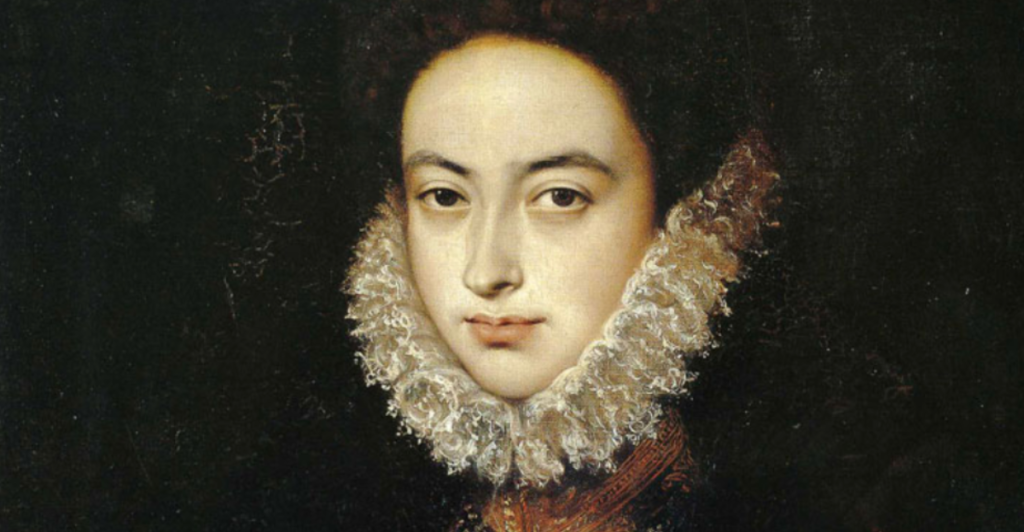
When the Spanish crown learned of Columbus’ description, they were quick to authorize violent means of repressing the perceived threat. The labeling of all native peoples as Caribs was a convenient justification for slavery and brutality. As Keegan says, the name had come to stand for danger, and therefore, rightful dominance. The historical legacy of this shift in perspective is profound. Columbus’ writings not only dictated Europe’s reaction to the New World but legitimized centuries of barbaric colonization. The new information forces us to reconsider how much of that brutality was fact – and how much was political lies.
The Darker Truth
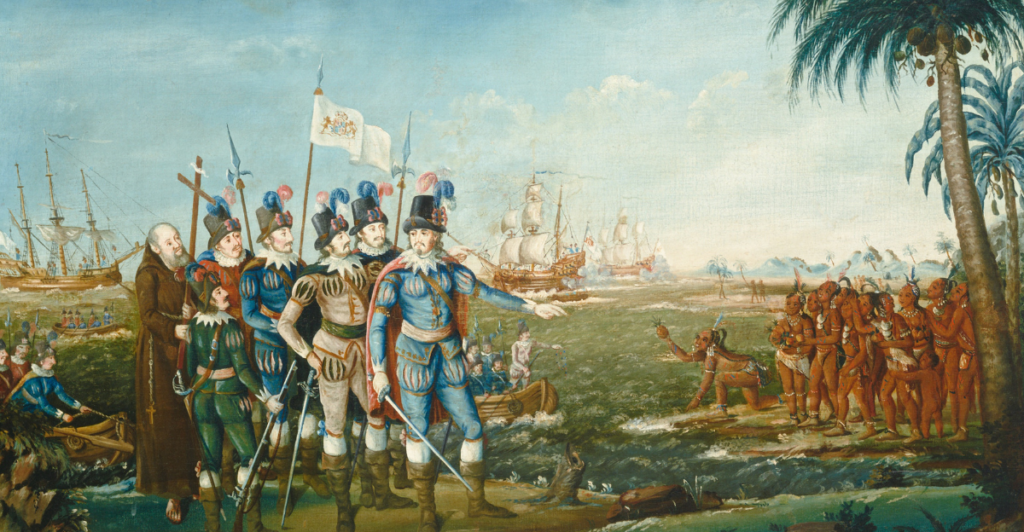
Whether or not cannibalism was practiced, the actual horror is the subsequent colonization. Dozens of native lives were lost or destroyed in the name of ‘civilizing’ savages. The Carib culture was employed as a scapegoat for mass brutality, and the next several centuries saw entire cultures being erased. This uncomfortable reality prompts us to consider how history is constructed, and who constructs it. Although Columbus didn’t necessarily invent all of his stories of peril, the manner in which those stories could have been passed on is quite unsettling.
A Rewritten History
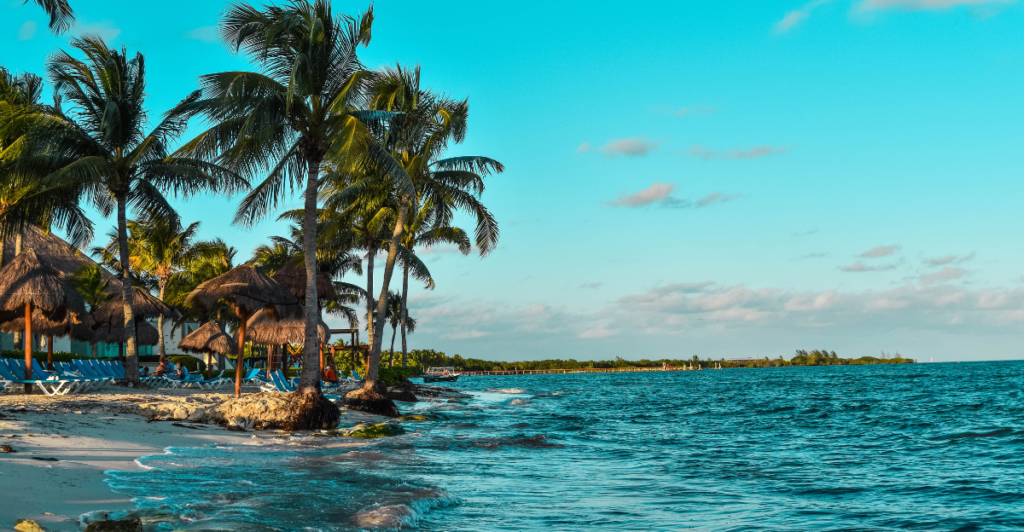
As historians assemble the fragments of Caribbean history, myth and fact dissolve. New facts compel us to reexamine the legacy of Columbus and myths we have believed for centuries. Regardless of whether Columbus was a mythmaker, a conqueror, or both, this is certain: his records determined the destiny of the Caribbean nation. Reshuffling this page from history might not erase the harm but provides us with a better understanding of the complex forces that define history and the world.
Sources
History Re-written: Christopher Columbus and the cannibals
Study: Columbus’ Caribbean ‘Cannibal’ Claims Were Correct
Columbus’ Claims of Cannibal Raids May Have Been True After All



